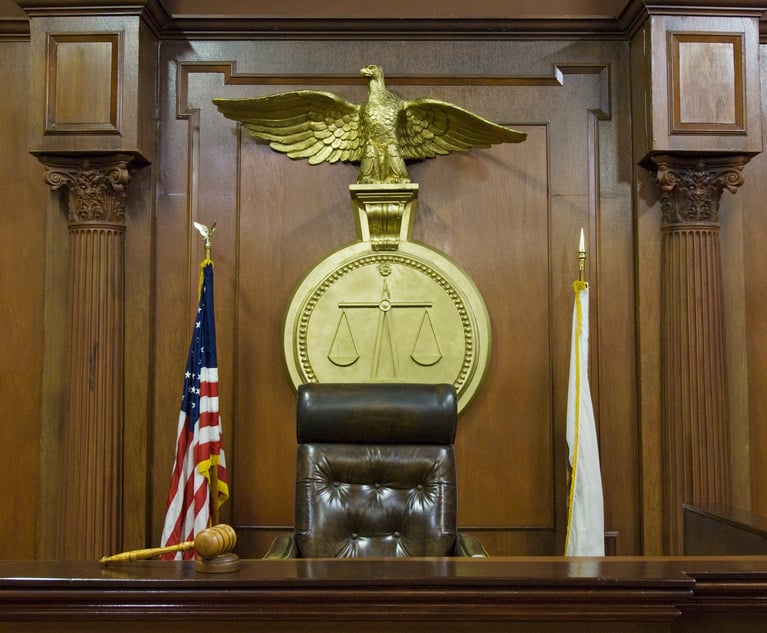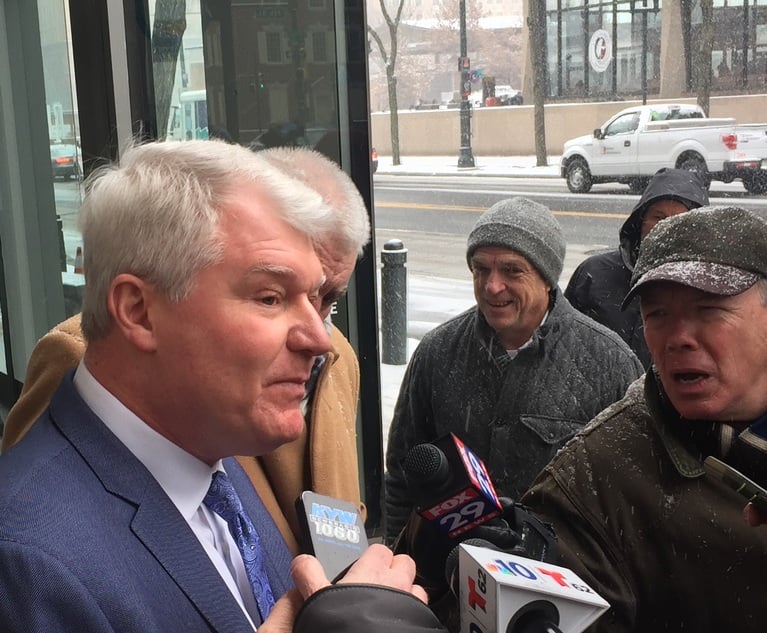One of the truisms of disciplinary and legal malpractice avoidance is that most mistakes can be fixed before they reach the stage where they would result in a disciplinary complaint or an action for legal malpractice. It is also true that even when a mistake cannot be fixed, a quick and honest acknowledgement is much less likely to result in a disciplinary complaint or an action for legal malpractice. However, this requires that attorneys quickly address problems and issues that they face, including communicating with clients about problems and how the attorney intends to address them. This, of course, can be harder than it sounds. Humans are wired not to acknowledge their mistakes. It is often difficult to see our own mistakes, let alone acknowledge them to a client.
Other than a missed statute of limitations or appeal period, most issues that arise from a lapse of attention to a matter can be cured if attended to expeditiously. However, problems tend to snowball the longer they remain unaddressed. Orders do not get overturned if they are ignored for weeks or months. Clients complain to other attorneys, judges, or disciplinary authorities if they are ignored for weeks or months. Many, if not the majority, of complaints made to the Disciplinary Board arise from attorneys’ failures to contact their clients.


 Josh J.T. Byrne at Marshall Dennehey Warner Coleman & Goggin . Courtesy photo
Josh J.T. Byrne at Marshall Dennehey Warner Coleman & Goggin . Courtesy photo




